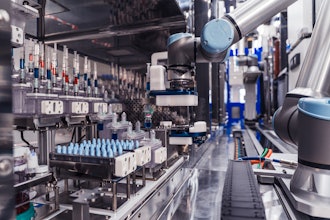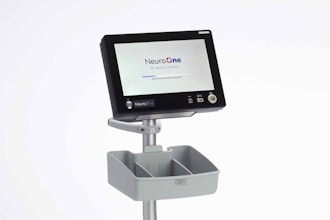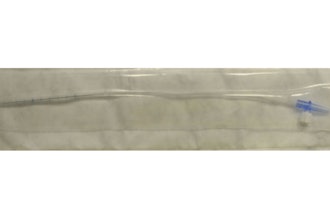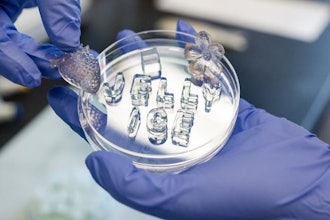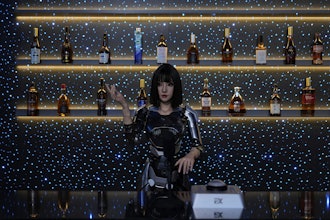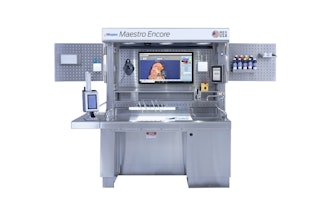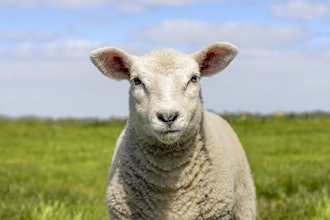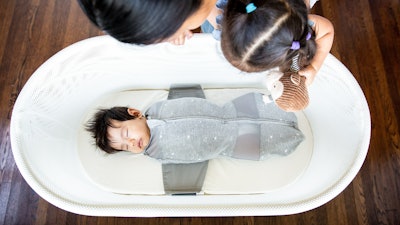
Marking a significant advance in infant safety, the U.S. Food and Drug Administration (FDA) has given De Novo approval to Happiest Baby's SNOO Smart Sleeper. This is the first time the FDA has given De Novo approval to a product designed to keep sleeping babies safely positioned on the back. Babies who are positioned to sleep on the back are at a lower risk of SIDS.
Every year, 3,500 American babies die in their sleep from suffocation and unexplained causes including SIDS (Sudden Infant Death Syndrome). These deaths are collectively referred to as SUID (Sudden Unexpected Infant Death) and constitute the leading cause of death of healthy, full-term infants during the first year of life (90% of SUID cases occur in the first six months).
Tragically, the number of these deaths has continued unchanged at 3500 every year for over 20 years.
In the 1990s, doctors discovered that sleeping on the back dramatically reduced the incidence of SUID. Today, it is one of the key safe sleep recommendations of the American Academy of Pediatrics. The National Institutes of Health encourages back sleeping as "the single most effective action that parents and caregivers can take to lower a baby's risk of SIDS." And, the CDC advises that "babies who sleep on their backs are much less likely to die of SIDS than babies who sleep on their sides or stomachs."
Despite this universal recommendation, almost two-thirds of SUID deaths still occur when babies roll to, or are placed on, the side or stomach. SNOO is the first and only bed that facilitates back (supine) sleeping. The SNOO Sack safely swaddles babies and attaches to the bed, keeping them securely on the back throughout sleep.
SNOO is for use by babies under 6 months of age or until they have demonstrated they can consistently roll from stomach to back during sleep. In a study of 1,012 infants, SNOO was found to reduce unsafe stomach sleeping by 91.5%. However, SNOO has not directly demonstrated a reduction in the incidence of SIDS/SUID.










